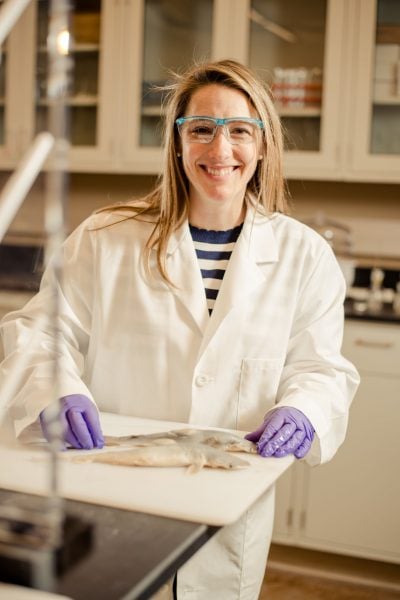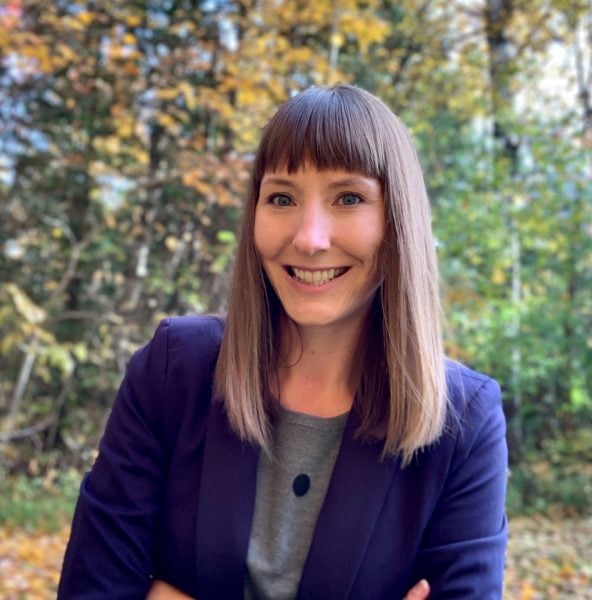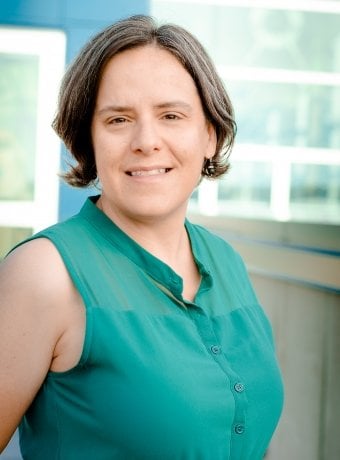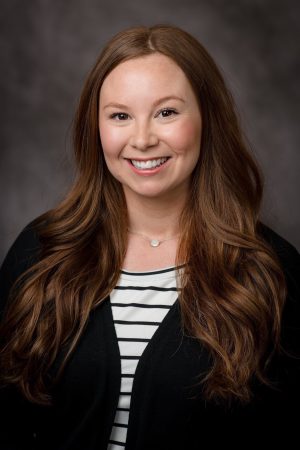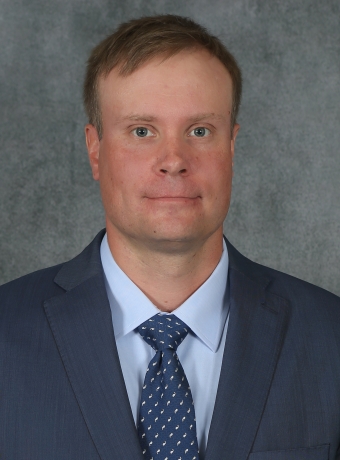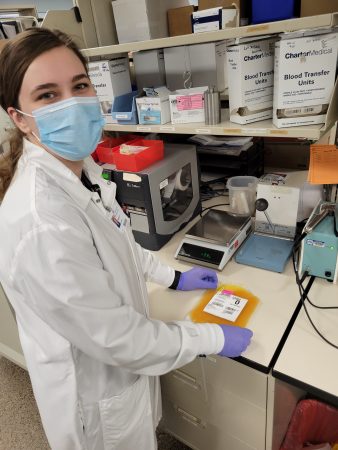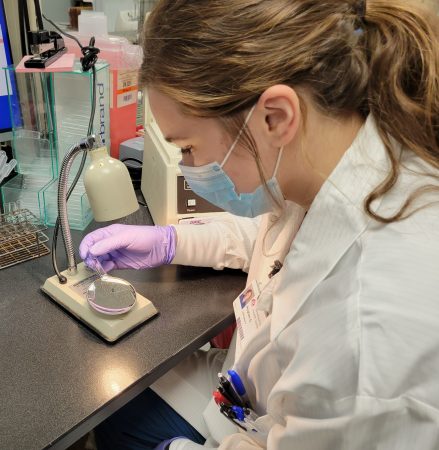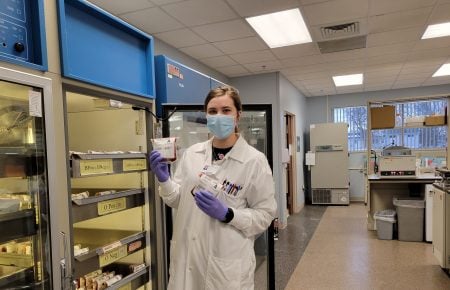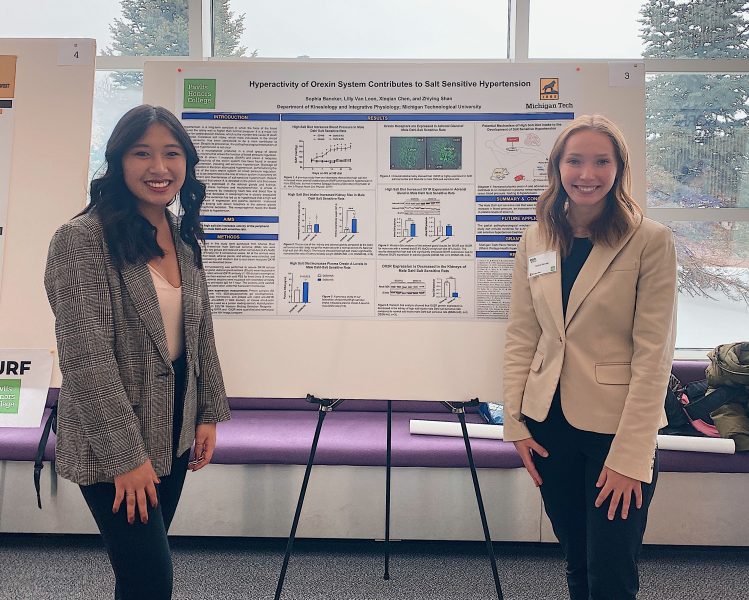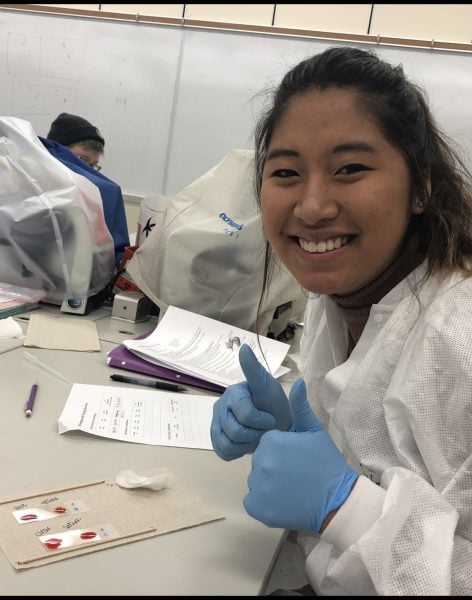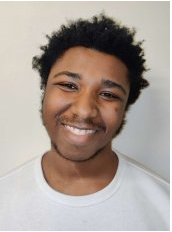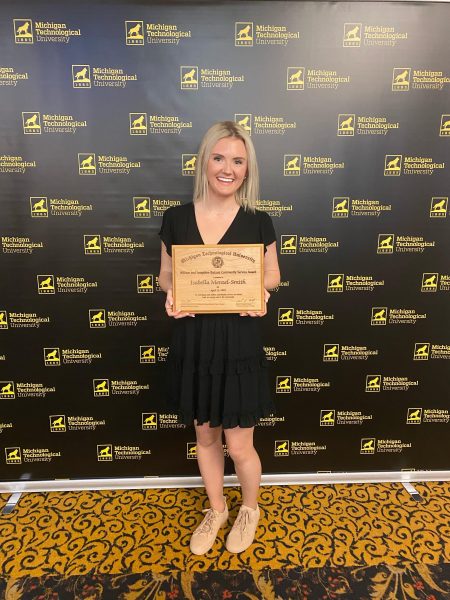We are pleased to announce Jill Olin is the principal investigator (PI) on a project that has received a $193,533 research and development contract from the Great Lakes Fishery Commission. The project is titled “Assessing population structure and the role of burbot (Lota lota) in coupling nearshore and offshore habitats of Lake Superior.”
Gordon Paterson and Kristin Brzeski are co-PIs on this potential two-year project.
Dr. Jill Olin is a community ecologist who studies the processes that affect the structure and stability of ecosystems. She studies issues in freshwater and coastal marine ecosystems due to the diversity and economic importance of species inhabiting these environments and the fact that they are threatened by anthropogenic influences. She teaches courses in Marine Ecology, Ecology and Evolution, and Ecogeochemical Tracer Techniques.
About the Biological Sciences Department
Biological scientists at Michigan Technological University help students apply academic concepts to real-world issues: improving healthcare, conserving biodiversity, advancing agriculture, and unlocking the secrets of evolution and genetics. The Biological Sciences Department offers seven undergraduate degrees and three graduate degrees. Supercharge your biology skills to meet the demands of a technology-driven society at a flagship public research university powered by science, technology, engineering, and math. Graduate with the theoretical knowledge and practical experience needed to solve real-world problems and succeed in academia, research, and tomorrow’s high-tech business landscape.
Questions? Contact us at biology@mtu.edu. Follow us on Facebook and Instagram, or read the Biological Sciences Newsblog for the latest happenings.
